The story of Rosalie Gicanda, a queen who remained with her people until the end
Categories: Africa | History | Nations
By Pictolic https://pictolic.com/article/the-story-of-rosalie-gicanda-a-queen-who-remained-with-her-people-until-the-end.htmlRosalie Gikanda is a name that is still spoken with warmth and respect in Rwanda. This woman, who became the queen of a small African country, went down in history not because of her luxury or power, but because of her incredible devotion to her people. Rosalie lived among ordinary people and knew their sorrows and joys well. Her life is a story of love, resilience and tragedy that touches the heart even after decades.
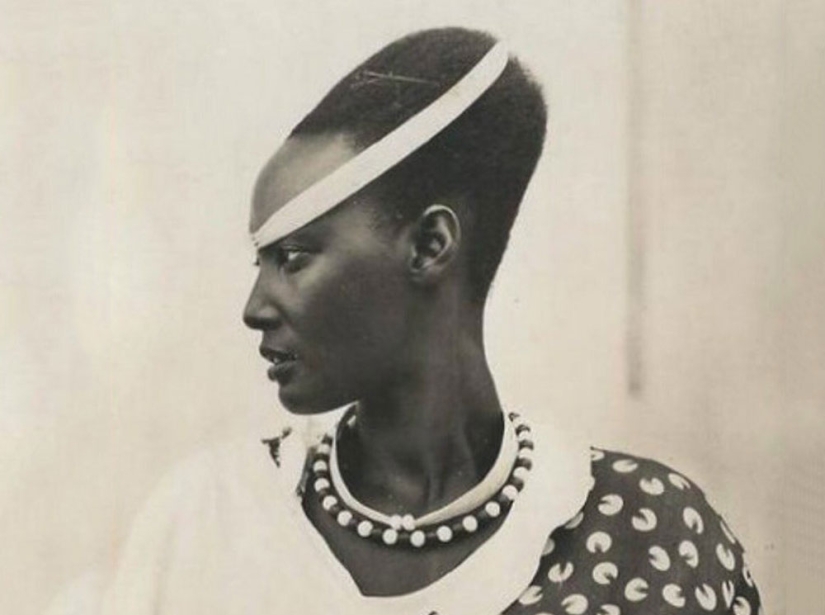
Rosalie was born in 1928 to a simple Tutsi family. She spent her childhood in a village in eastern Rwanda. Rosalie was the eldest child, and had many siblings to care for. Thanks to this, she learned early on to care for her loved ones. Life was not easy: a large family, modest income, and World War II on the horizon. Although the fighting did not directly affect Rwanda, its consequences worsened the situation. Later, the family moved to the central part of the country, and it was there that Rosalie's fate took an unexpected turn.
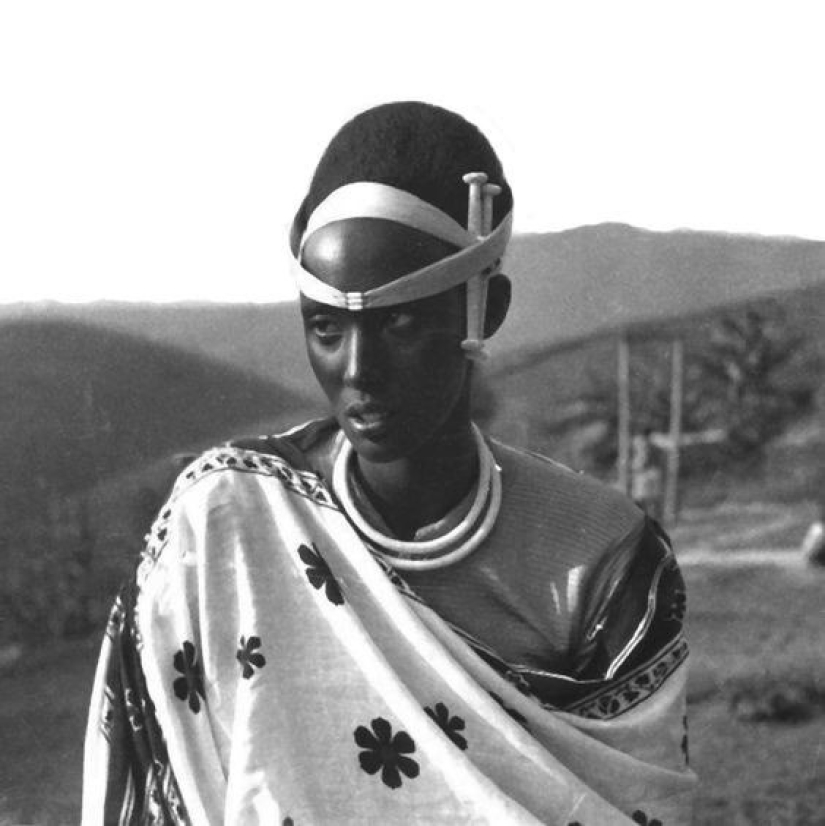
It was during this period that the King of Rwanda Mutara III Rudahigwa began to think about choosing a bride. According to ancient traditions, he could marry a girl from any Tutsi class. For this reason, the search for suitable candidates was conducted throughout the country. One day, the beautiful Rosalie attracted the attention of the royal envoys. Soon the girl was invited to the palace to participate in the selection.
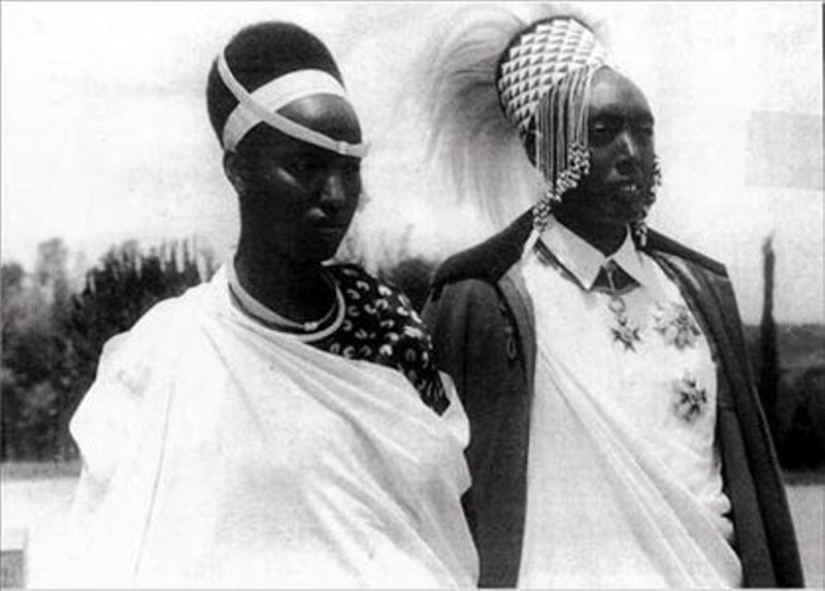
According to tradition, brides for the ruler were chosen at a special review, where the girls had to appear naked before him. But Rosalie, who was raised in the Catholic faith, resolutely refused to undress. Her modesty and sincere tears touched Mutaru so much that he chose her. The wedding took place according to the Christian rite, with a church wedding and a subsequent multi-day feast.
Thus, an ordinary girl, Rosalie Gicanda, became a queen. Despite her new status, she did not forget her roots and tried to maintain contact with the common people. Contemporaries recalled that the queen received everyone who came to her and tried to help everyone with something.
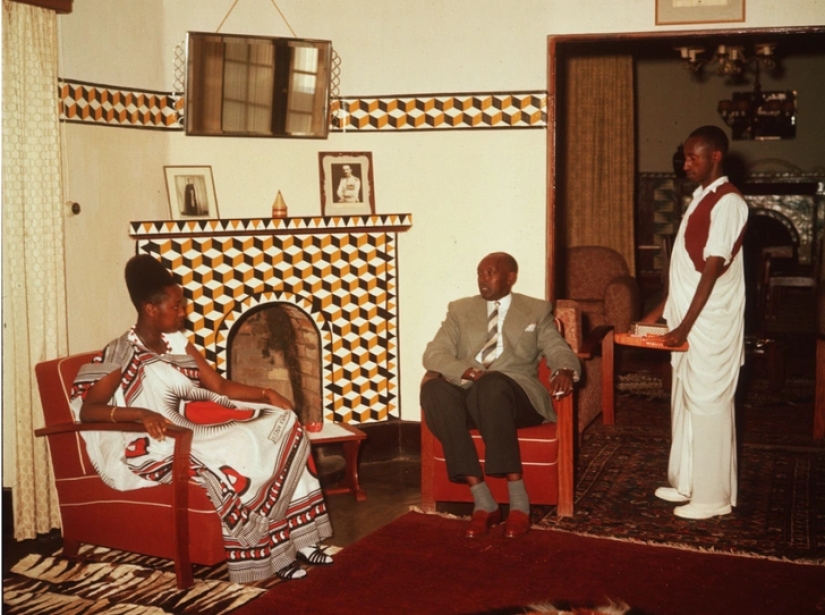
These were not formal meetings. The guest sat opposite Rosalie, and she personally served him drinks and treats. The conversation lasted as long as it took for the queen to understand the essence of the problem. Thanks to this approach, she soon won the love of the people and became a true "people's" queen. The first two years of life in the palace passed peacefully, but in 1944, disaster came to the country.
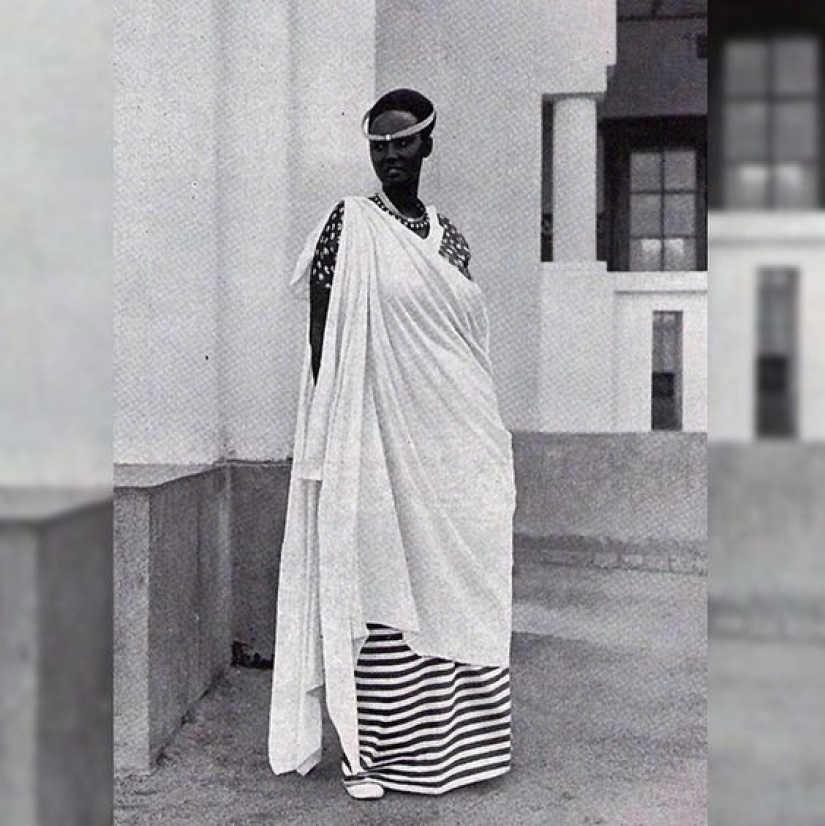
At that time, Rwanda was engulfed in a terrible famine, caused by drought and a lack of resources due to military actions. As a result of the catastrophe, about 20% of the country's population died. Local residents fled the kingdom in panic to neighboring states. In the conditions of general chaos, representatives of the Hutu people, who had long sought to seize power from the ruling Tutsi dynasty, became active. They not only wanted to remove the Tutsi from governing the country and control over the economy, but also dreamed of completely exterminating this people.
In the mid-20th century, most of Africa was colonized by Britain, France, Belgium, and Germany. Rwanda came under Belgian control in 1915 and remained a protectorate until 1962. Although the country was formally governed by the Tutsi people, the Belgian government and the Catholic Church played a huge role in the life of the state.
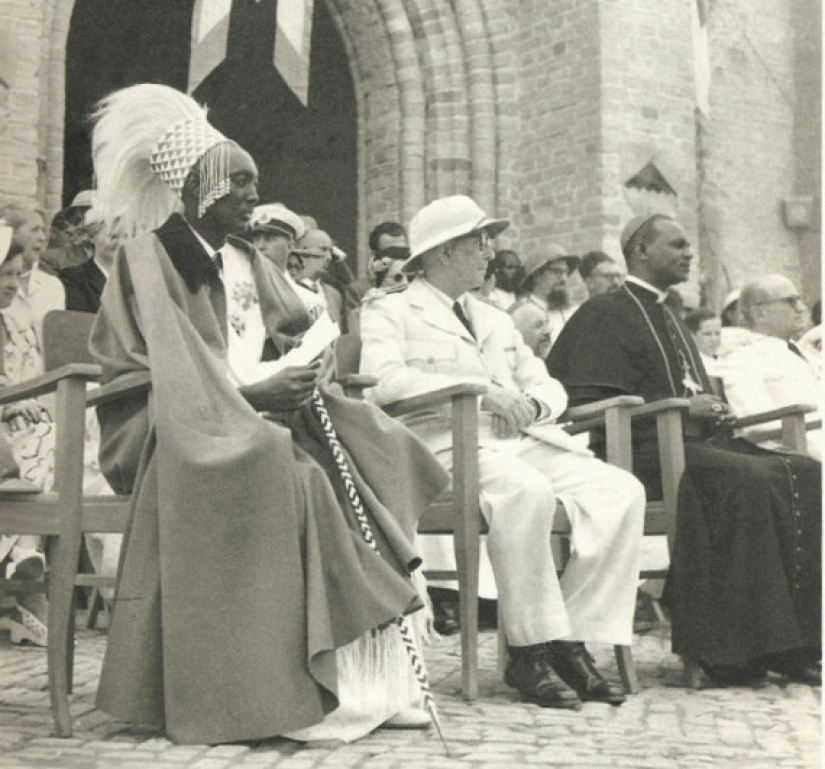
At first glance, Belgium remained on the sidelines of the conflict between the Tutsi and Hutu. It seemed that the colonizers were only concerned with Rwanda's natural resources. But in reality, the Europeans cleverly fueled the enmity between these peoples by supporting the Hutu. Mutaru III and his supporters began to be forced out of the country, threatening a protracted civil war with bloodshed.
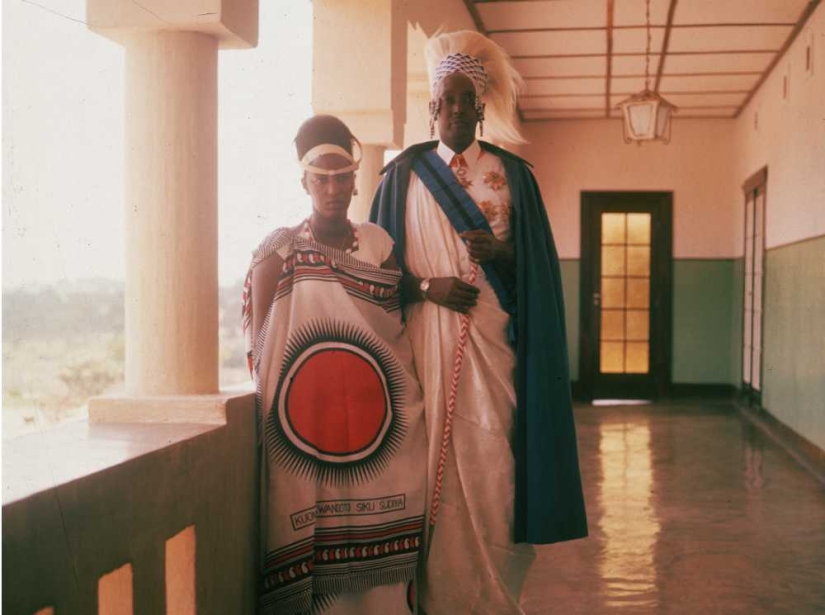
King Mutara III advocated liberation of Rwanda from Belgian influence, and Queen Rosalie actively supported him. At the same time, the Hutu published the "Bahutu Manifesto", where they called for the overthrow of the Tutsi government and then for the country's independence. Opponents of the current government were growing in number, but Mutara III skillfully maneuvered for many years, avoiding open confrontation.
In 1959, Rosalie's life changed dramatically: her husband, King Mutara III, died under mysterious circumstances. The official cause was a cerebral hemorrhage, but there were persistent rumors of Hutu involvement in his death. Mutara's brother, Kigeli V, soon came to power, but he ruled for less than a year. Rosalie remained in the palace and, despite her personal pain and the loss of her loved one, continued to help people.
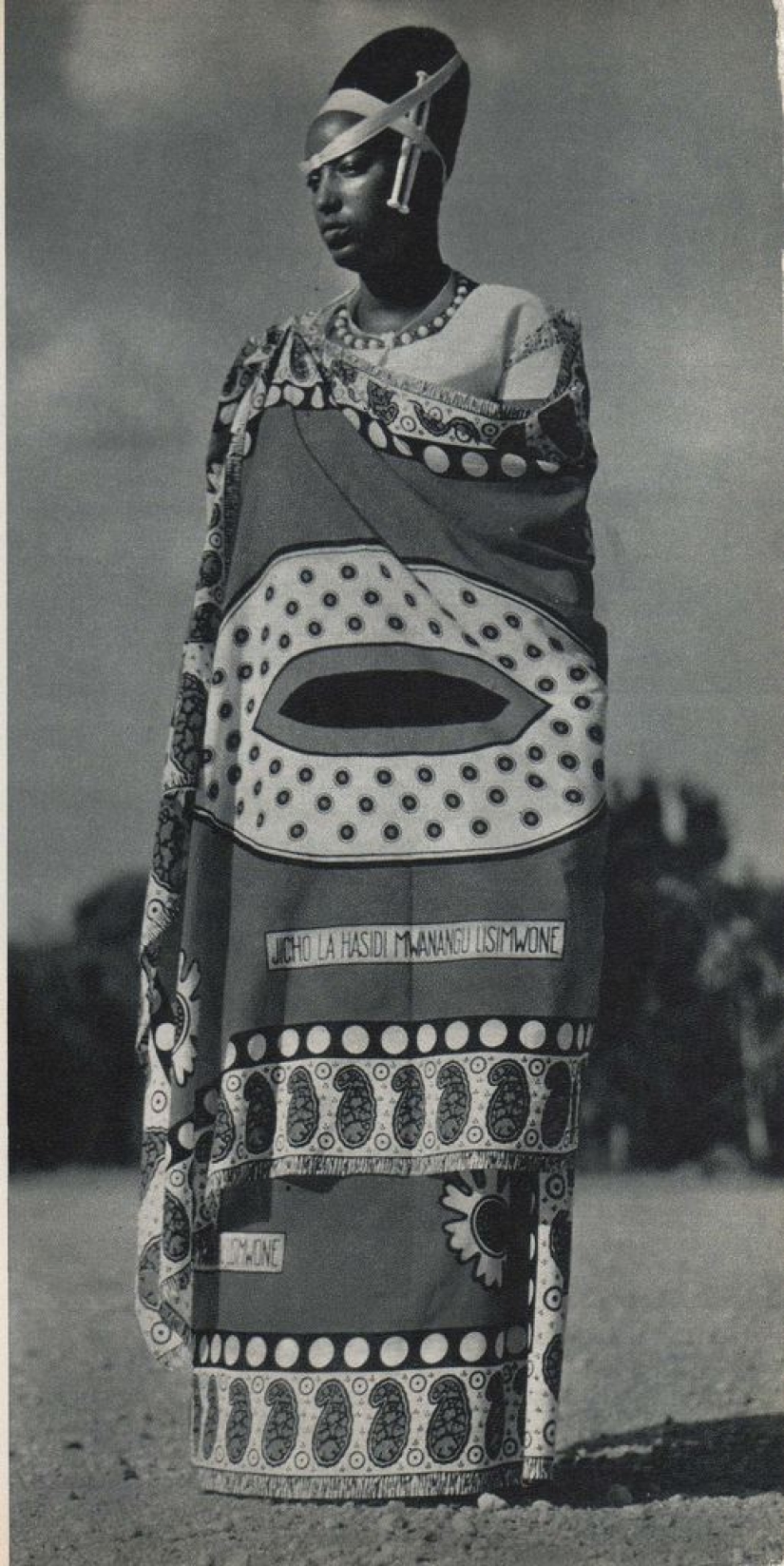
In 1960, King Kigeli V fled the country in fear for his life, and by then Rwanda had plunged into a full-scale civil war. But Rosalie did not abandon her native land. She returned to Butare and lived a modest life, surrounded by ordinary people for whom she remained a symbol of hope. Even after the overthrow of the monarchy, her home was always open to those in need, and her impeccable reputation served as protection from persecution. In 1962, Rwanda finally gained independence, but, unfortunately, peace and harmony never reigned in the country.
The darkest chapter of history began in 1994, when the genocide broke out in Rwanda. The Hutus who had seized power killed Tutsis by the thousands. On April 20, a unit led by Lieutenant Pierre Bizimana stormed the home of 66-year-old Rosalie. She and five maids were taken behind the National Museum and shot. The queen died not by machete, like many victims of those days, but by bullet – a death worthy of her status.
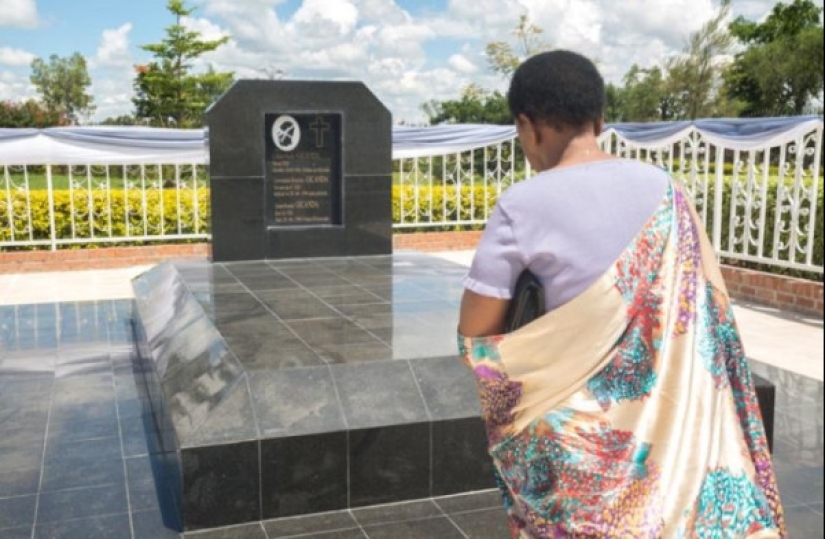
At first, the queen was buried in a mass grave behind the National Museum in Butare. Later, a local priest showed the burial site to the mayor of Kanyabashi, who secretly moved her remains. After the tragic events of 1994, Rosalie Gicanda's body was reburied in a cemetery next to her husband, King Mutara III. To this day, people come to her grave to express their gratitude to the people's queen. The memory of her as a person of exceptional mercy and kindness will forever remain in the hearts of those she helped.
The news of the brutal massacre of Rosalie Gicanda and her family spread like wildfire across the country. It sparked mass protests led by the Patriotic Front of Rwanda. The authorities, frightened by the scale of the unrest, took up the fight against violence in earnest. Many Hutu leaders involved in the bloody events were punished as they deserved.

War criminals were tried both in the country and abroad. Ildefonso Nizeyimana, who ordered the militants to kill the queen, also got what he deserved. In 2009, the International Court sentenced him to life imprisonment. Those who carried out this inhuman order also received their just punishment.
Although Hutu leaders have been punished and UN peacekeepers are stationed in the country, Rwanda is not yet completely safe. Hutu armed groups based in neighboring Congo continue to carry out attacks on civilians.
Rosalie Gicanda has become a legend in Rwanda. She is remembered as a woman who stayed with her people until the end, despite famine, war and death. She did not run, did not hide, did not seek refuge abroad. Her life is an example of how strength of spirit can inspire even in the darkest times.
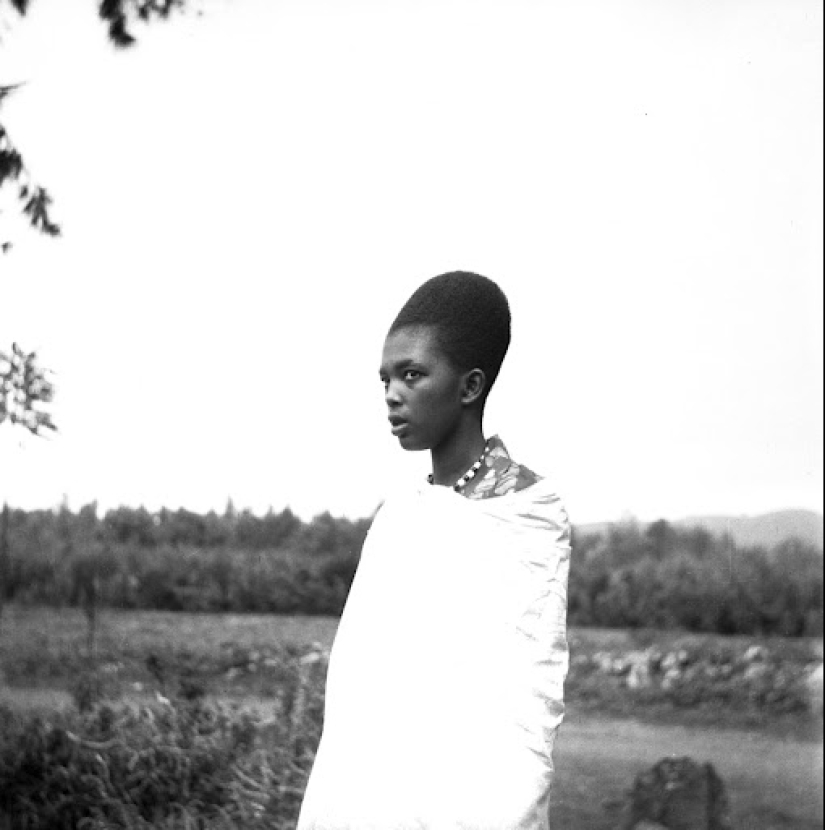
Today, Rosalie is a household word in Rwanda. She is a symbol of resilience and love for people that does not fade with age. Her story reminds us that true power is not in the crown, but in the heart. What do you think: could Rosalie have changed the fate of Rwanda if she had stayed in power longer? Share your thoughts in the comments!
Recent articles

It's high time to admit that this whole hipster idea has gone too far. The concept has become so popular that even restaurants have ...

There is a perception that people only use 10% of their brain potential. But the heroes of our review, apparently, found a way to ...

New Year's is a time to surprise and delight loved ones not only with gifts but also with a unique presentation of the holiday ...